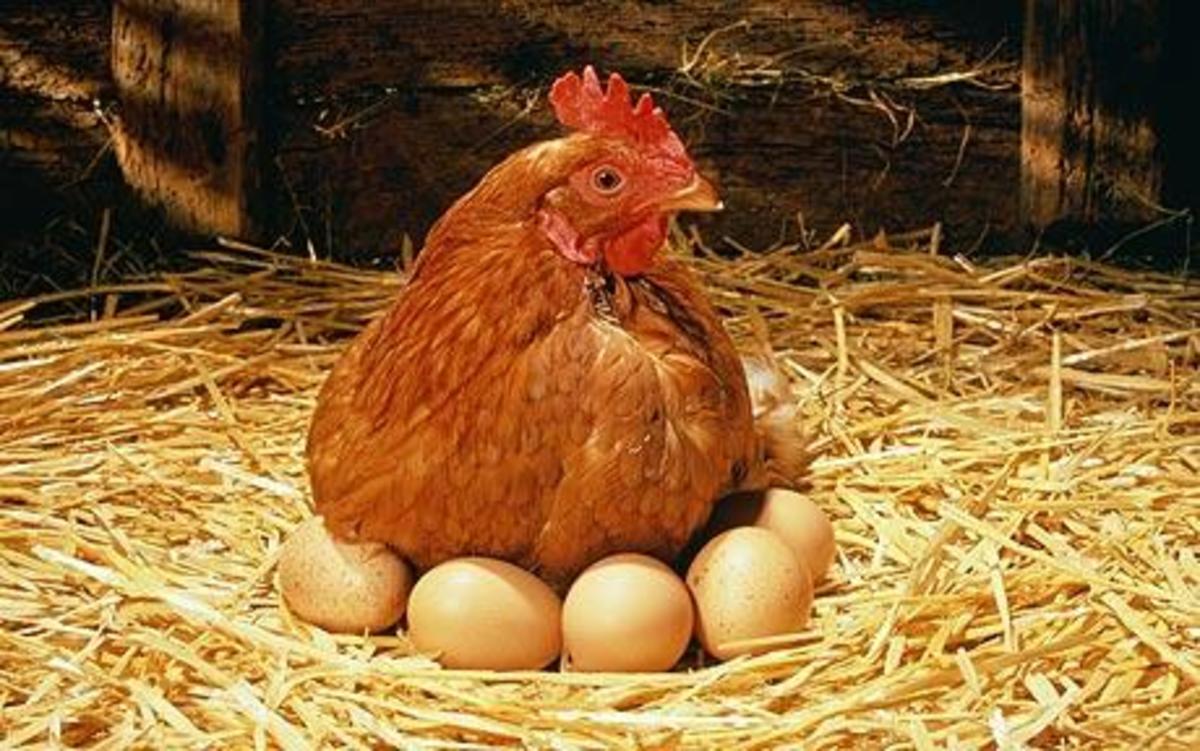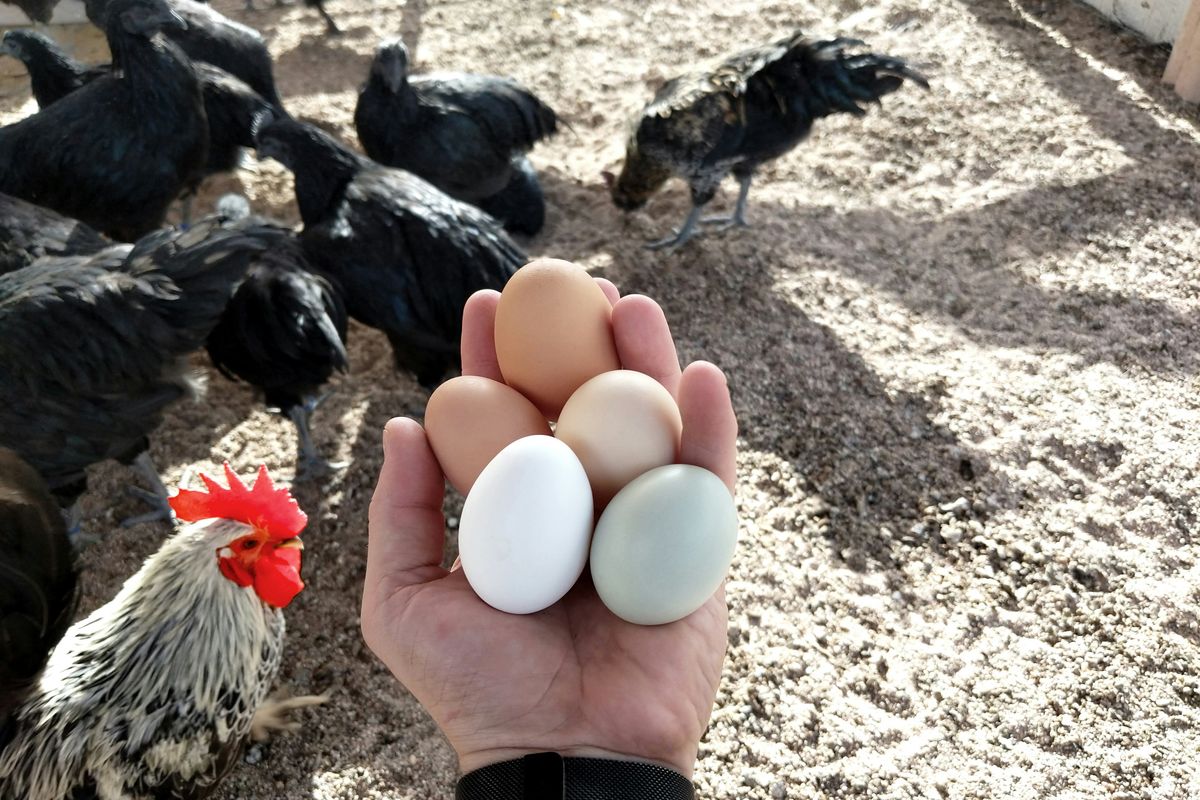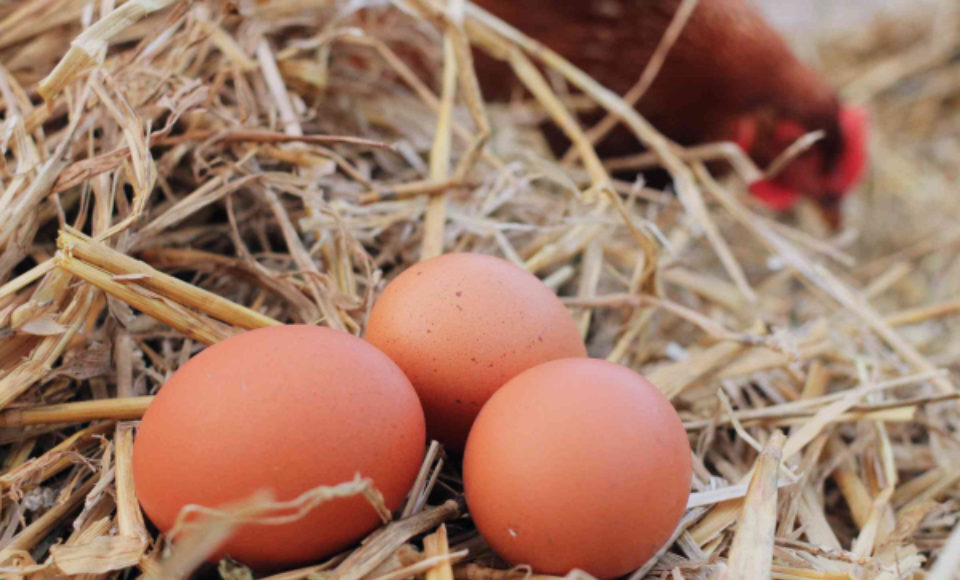As a chicken keeper, there are few things more frustrating than when your beloved birds suddenly stop laying eggs. This common problem often leaves many asking, Why arent my chickens laying eggs? Understanding the reasons behind this issue and how to address them can help restore your flock’s productivity.
The process of egg production can be affected by various factors, often resulting in a dry spell in the nest box. In this article, we will explore the potential causes and provide effective solutions to get your hens back on track. [Lighting for more egg production]Proper lighting can sometimes make all the difference for laying hens.

Understanding Normal Laying Patterns
Before we dive into the potential issues, its essential to understand what normal laying patterns look like for chickens. Most hens begin to lay eggs around 5 to 6 months of age, and their peak production typically occurs between 1 to 2 years. However, breeds vary in their laying habits. For instance, [Egg laying breeds for high production]high production breeds may lay more consistently than others.
Weather and Seasonal Changes
Chickens are sensitive to seasonal changes, and their laying cycle is heavily influenced by the amount of daylight they receive. During winter months, the reduction in daylight can lead to a decrease in egg production. Ensuring your chickens have adequate artificial lighting may help. Consider consulting [How to get chickens to lay in winter]our guide on winter egg laying.
The Role of Nutrition in Egg Production
A balanced diet is critical for hens to produce eggs consistently. Chickens require a diet rich in proteins, vitamins, and minerals to maintain healthy egg production. If their diet is lacking, it could lead to issues such as soft-shelled eggs or no eggs at all. Adding [Supplements for egg-laying chickens]proper supplements can help ensure they are getting all necessary nutrients.
Stress and Its Impact
Stress can significantly affect a chicken’s ability to lay eggs. Common stressors include predators, changes in flock dynamics, and insufficient space. Maintaining a calm and secure environment is essential to keep your hens happy and productive.
Health Issues
If you notice that your hens have stopped laying, it might be due to underlying health issues. Conditions such as parasites, infections, or reproductive problems can affect their laying abilities. Regular health checks and maintaining a clean coop can help prevent these issues.
Age and Egg Production
As hens age, their egg production naturally declines. Typically, after about 3 years, a hens egg-laying capabilities diminish significantly. While it’s a natural process, giving older hens some specialized care may extend their productive years slightly.
Light and its Importance
Sufficient light exposure is essential for maintaining egg production. Chickens require around 14-16 hours of light to lay eggs consistently. During darker months, consider using artificial lighting to supplement natural daylight.
To learn more about maintaining productive layers, you may visit [Mother Earth News](https://www.motherearthnews.com/homesteading-and-livestock/benefits-of-backyard-eggs/) for more in-depth insights on backyard eggs.

FAQs
How long do chickens typically lay eggs?
Most chickens lay eggs for about 2 to 3 years, peaking in their first year. After that, production gradually decreases.
What are the best breeds for consistent egg production?
Breeds such as Leghorns, Rhode Island Reds, and Sussex are known for their high productivity. Refer to [Egg laying breeds for high production] for more information.
Can stress really stop a hen from laying?
Yes, stress can significantly impact egg production. Factors like environment changes, predators, and poor living conditions contribute to stress.
This article contains affiliate links. We may earn a commission at no extra cost to you.










